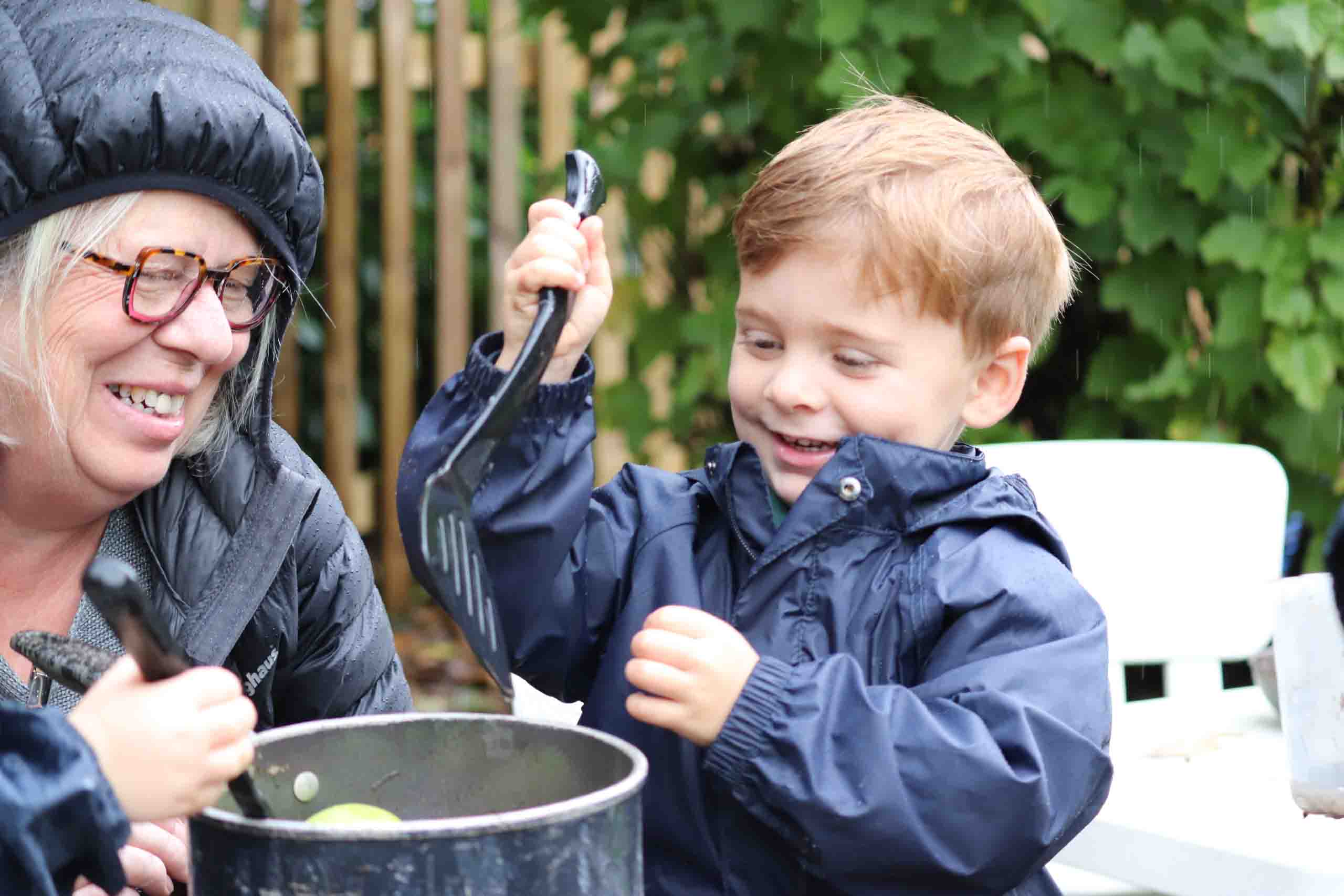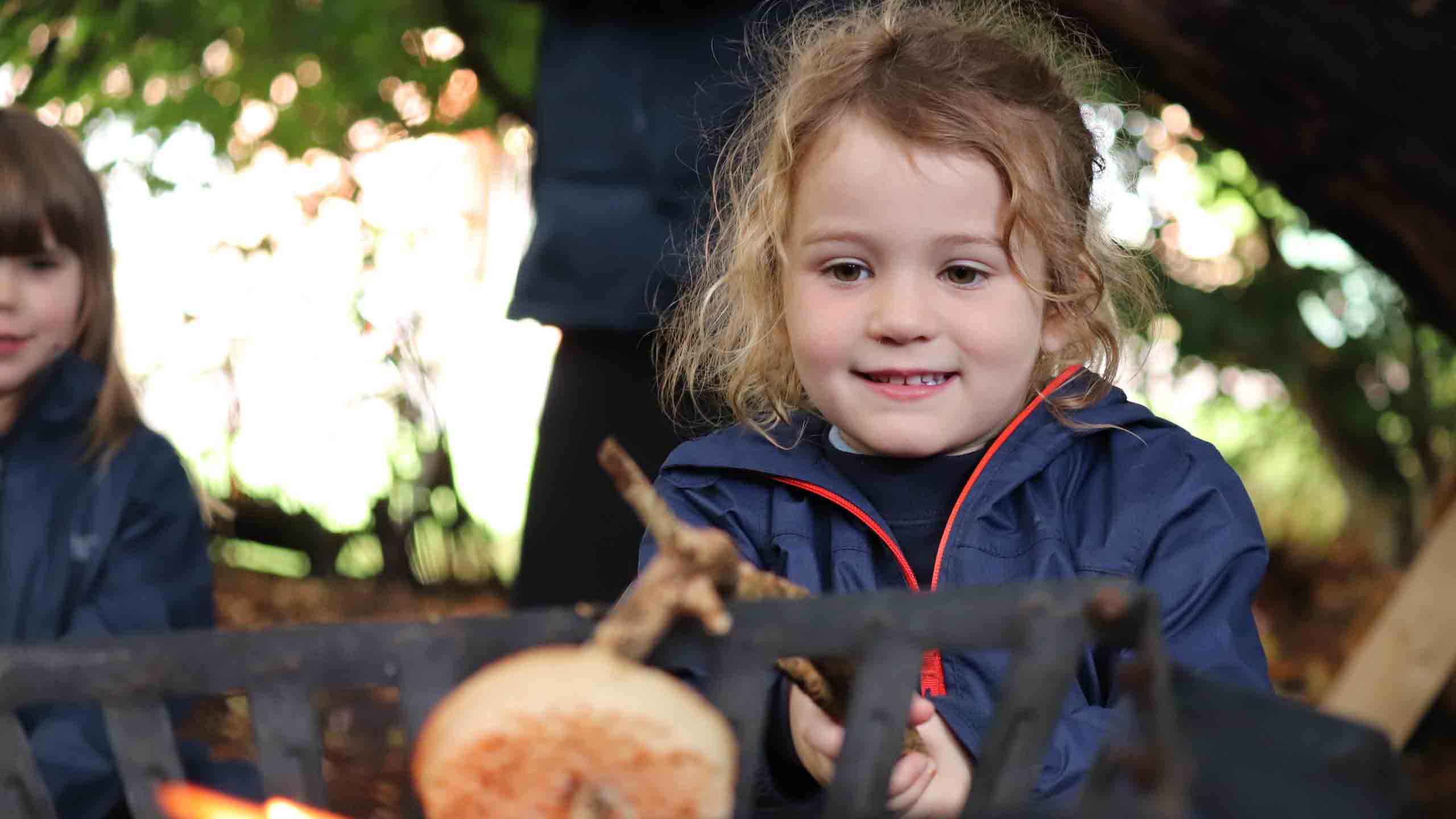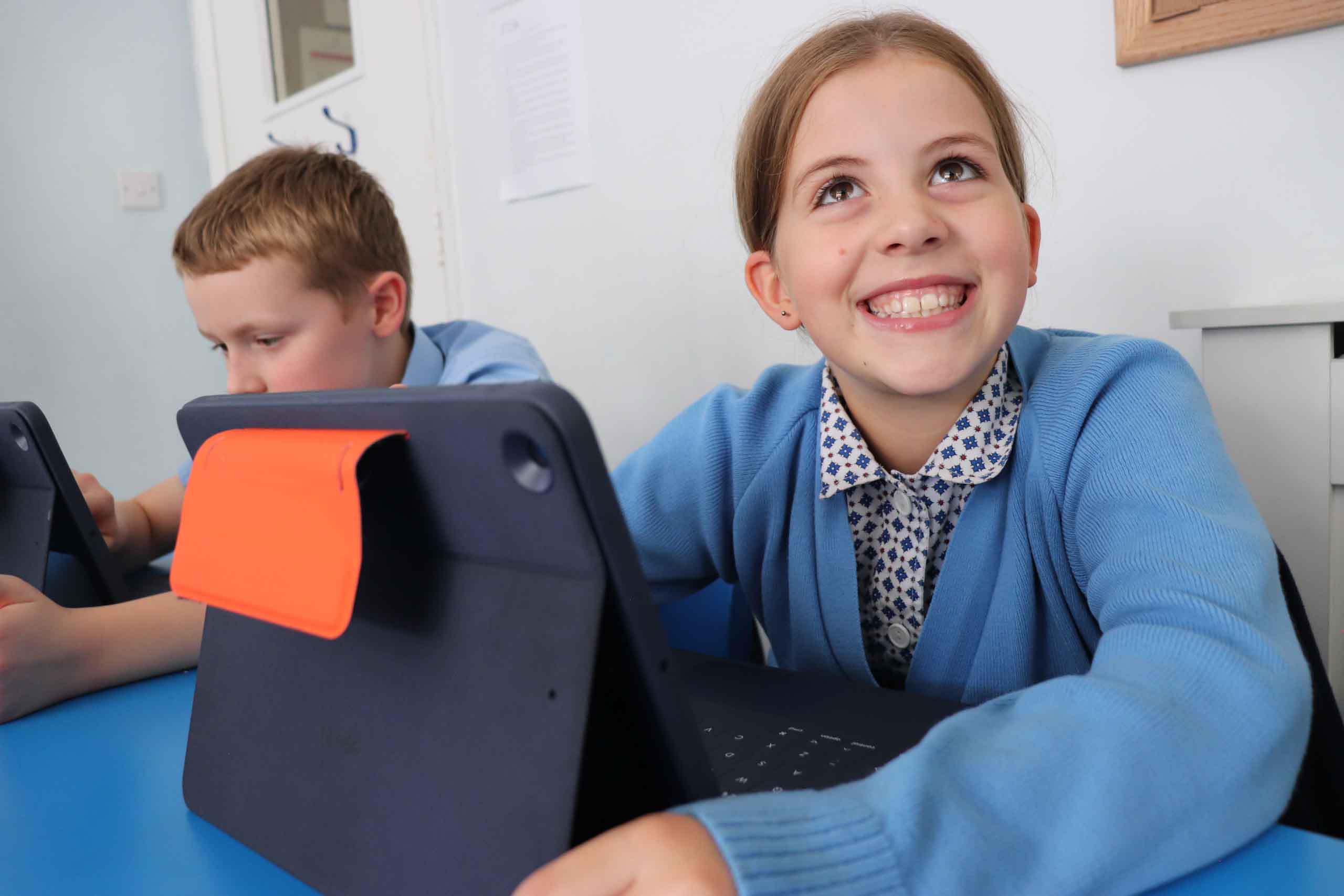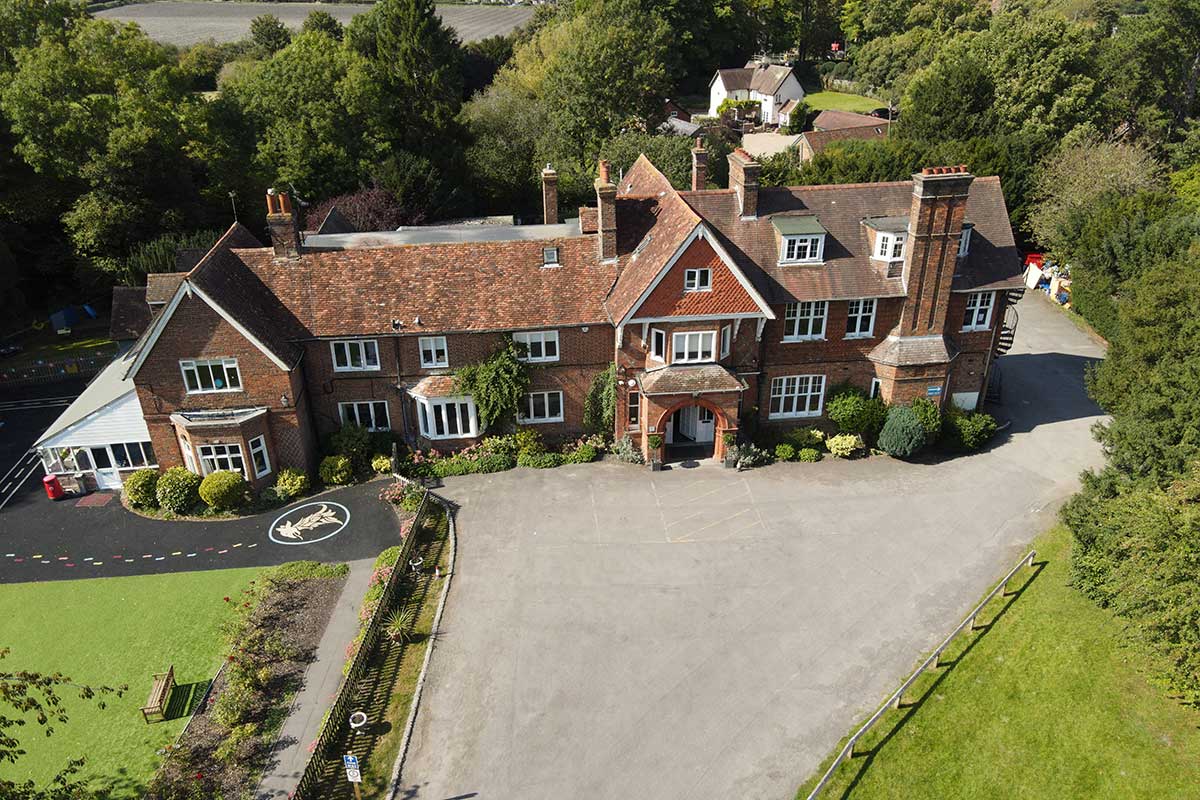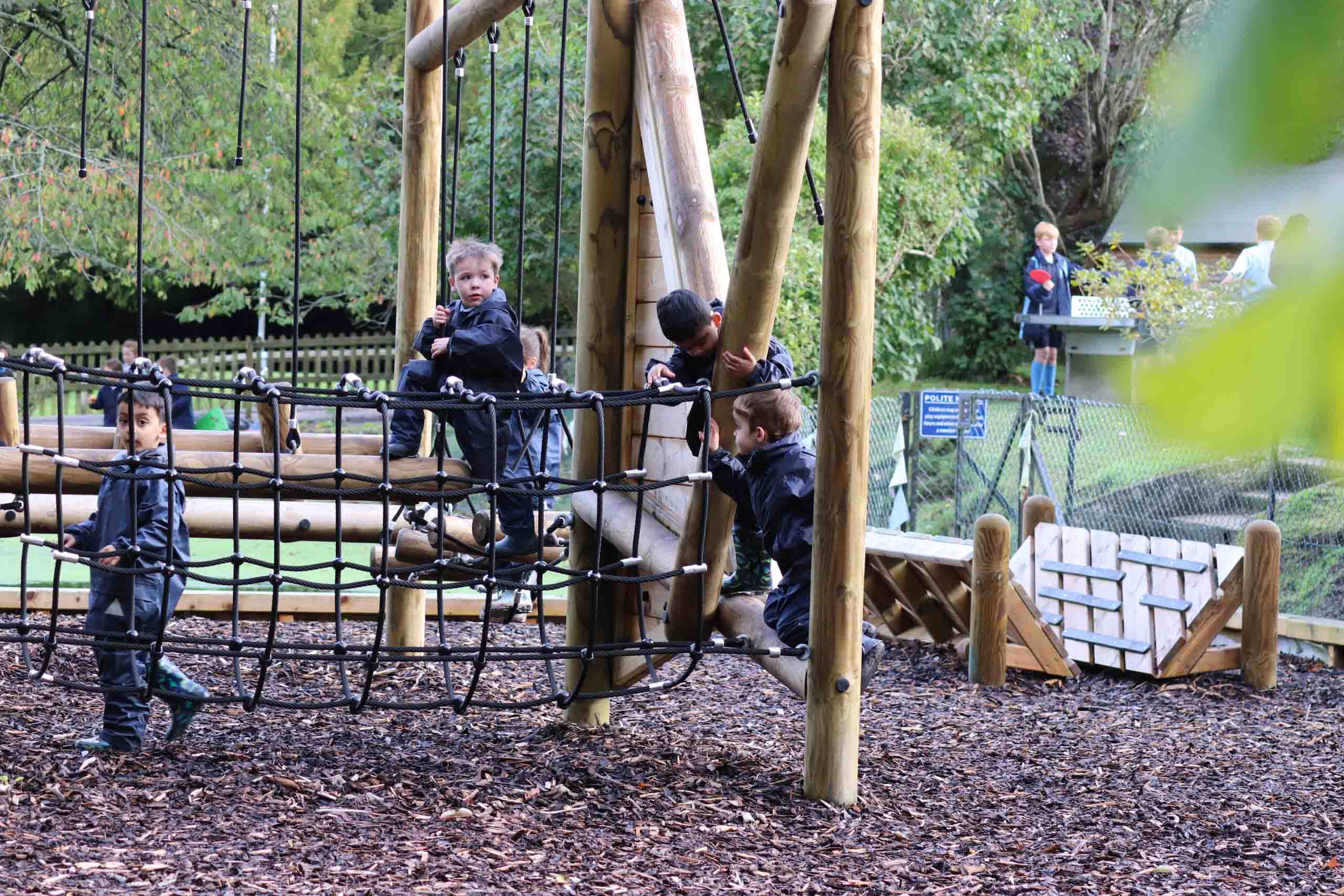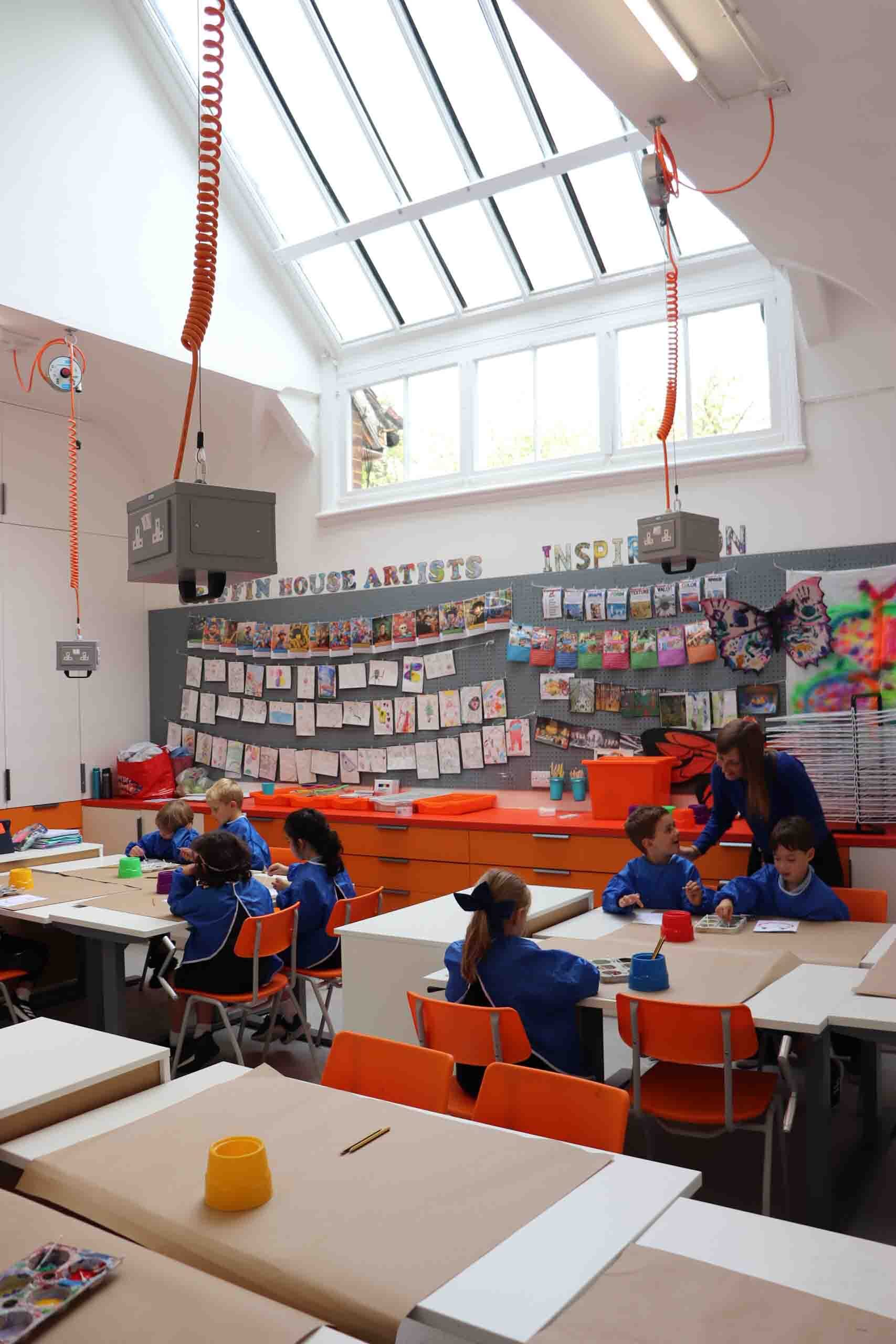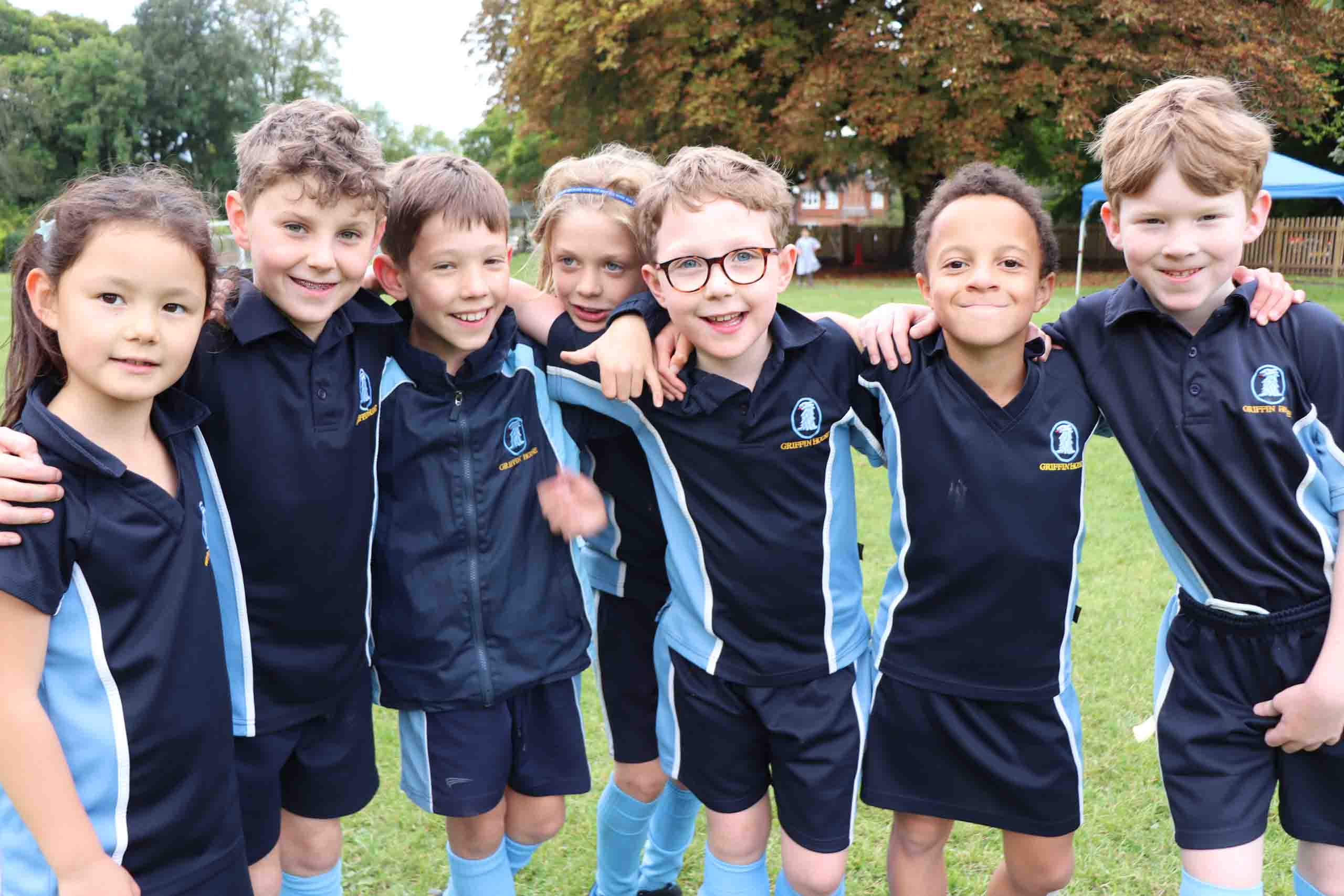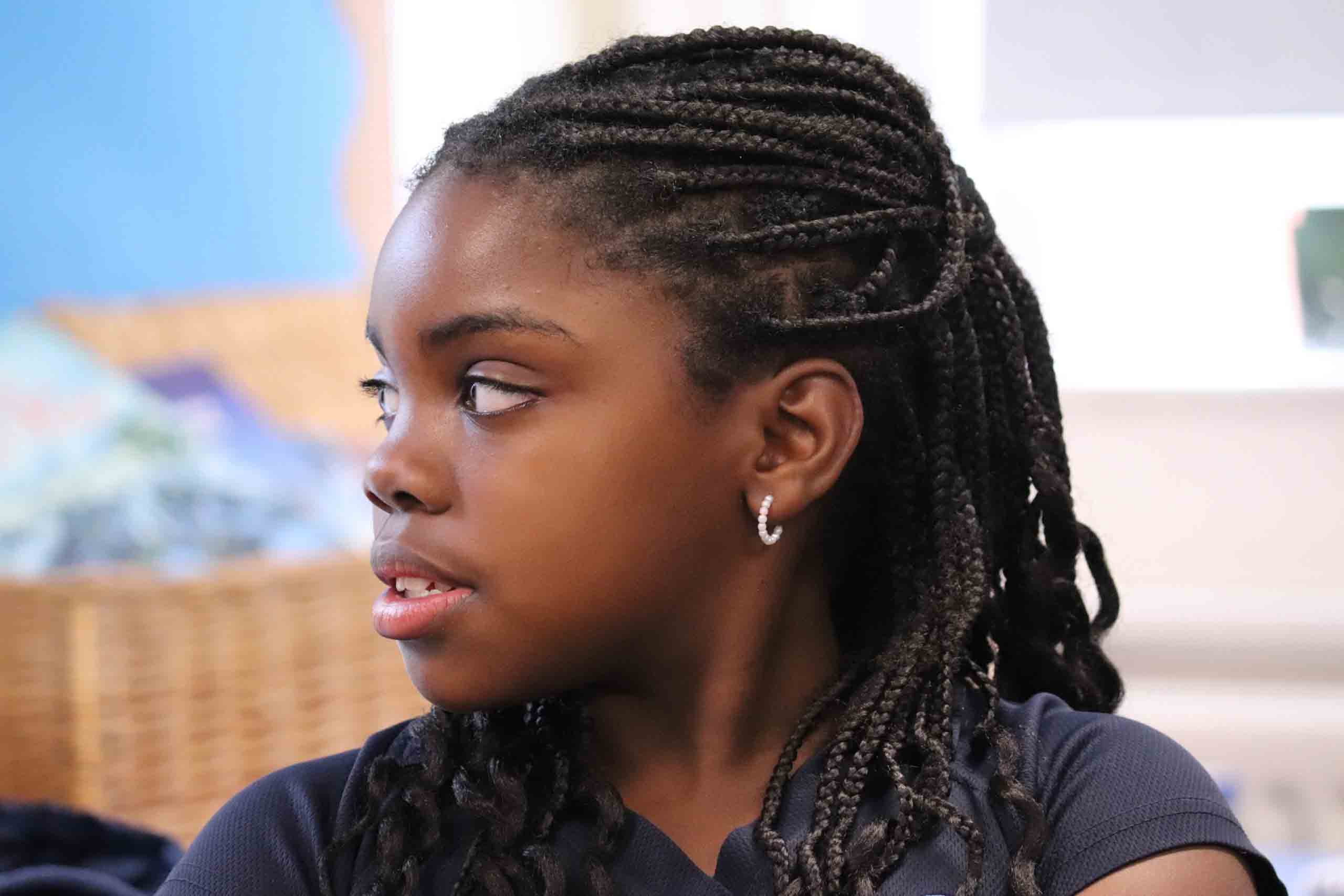Curriculum
Through our curriculum, our intention is that all pupils should grow to be independent learners who are able to explore their own thinking within a curriculum which is relevant, engaging and scholarly. Pupils study a broad and balanced curriculum which is centred on the key skills of English and mathematics, within a safe and welcoming environment.
The foundations for future learning are set in our pre-school and reception years through both structured and child-initiated activities. As pupils progress through the school we focus increasingly on academic skills, aiming to expose them to as many learning and developmental opportunities as possible and to thoroughly prepare them for their respective entrance examinations at eleven plus
We take into account the ability of every pupil in order to ensure that each is challenged and their talents fostered in order to build their future education. When pupils leave Griffin House School we want them to be confident and independent learners who are ready to embrace the challenges of the next stage of their education.


